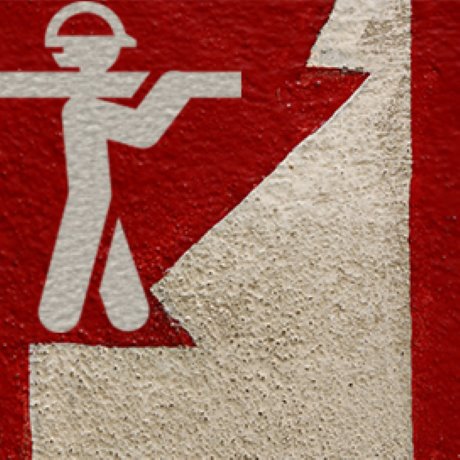Plans by the Ontario government to require roadbuilding machines (RBM) to be plated and registered and to regulate operators like truckers by April 2016 are still on track.
These initiatives were first announced in the 2014 Ontario budget, following fierce lobbying by the Ontario Trucker’s Association (OTA), the province projected it could raise at least $25 million in revenues in 2016, growing to up to $50 million in subsequent years, if these changeswere made. Also included in these changes is a plan to end an RBM fuel tax exemption.
Those lobbying for more time and to address some of these issues have taken that as a sign the schedule is being softened.
However the Ontario Ministry of Transportation (MTO) says it is proceeding:
"The legislative amendments are proposed for late 2015, followed by regulatory amendments in January 2016. The ministry is working on an implementation plan. Any updates on the roadbuilding machine definition change will be posted on the Ontario’s Regulatory Registry for public comment."
As recently as the 2015 budget, the province seemed to acknowledge the plan is somewhat ambitious and faces many challenges.
"The government is currently reviewing potential registration and licensing requirements to be imposed on some of these vehicles, developing a registration process and meeting with various stakeholders to receive input on this measure.
"The Province engaged the National Research Council (NRC) to facilitate formal stakeholder consultations and complete a report. Two consultations were held in March 2015 to cover both northern and southern Ontario," states the MTO.
"We’re not sure what is happening since it has gone quiet," said Patrick McManus, of the Ontario Sewer and Watermain Construction Association (OSWCA), one of several sectors which would be impacted by the changes.
"We did meet in the spring and there are a number of concerns."
In 2014, desperate for revenues to feed soaring payments on the interest from a $280 billion debt load, Ontario announced it would end the RBM fuel tax exemption.
It planned to amend the Highway Traffic Act (HTA) to modernize treatment of unregistered roadbuilding machines using public roads and highways such as mobile cranes, concrete pumpers and hydrovacs.
Citing fairness — an issue pushed by the OTA — the government claimed a need to "maintain the integrity of related regulatory and legislative requirements such as the application of fuel tax and registration fees and level the playing field between roadbuilding machines and other commercial vehicles that use public roads and highways."
HTA amendments were to include registration and licensing requirements on RBMs using public roads and highways.
Ontario’s MTO was tasked with reviewing requirements of these vehicles with the idea that revenues would be dedicated to public transit, transportation infrastructure and other priority projects across the province.
However, those two core changes weren’t the only issue. More ominous in the eye of groups like OSWCA and the Ontario Road Builders’ Association (ORBA) and the newly formed Hydrovac Operators Association, is the requirement that operators are to be covered under the regulations of a Commercial Vehicle Operators Registration (CVOR).
The CVOR applies to operators of vehicles plated in Ontario, the U.S. or Mexico which are trucks with a gross weight or registered gross weight over 4,500 kg and buses with a seating capacity of 10 or more passengers.
Vehicles plated in other Canadian provinces or territories don’t need a CVOR certificate but do require a safety fitness certificate from the province or territory in which the vehicle is plated.
A CVOR operator becomes responsible and accountable for the vehicle, including the driver’s conduct, ensuring the driver is licensed and qualified, safety, hours of services, mechanical safety and general overall safe operating conditions.
Records of hours of operation, such as hours, kilometres travelled and other details must be kept.
"It was initially a huge change and after the stakeholders meeting I think the MTO got a better idea of the challenges and the impact," said Ashley De Souza, ORBA’s director of government relations.
There are concerns that a CVOR will be an added burden on local contractors who are scored differently for safety violations.
In the City of Hamilton, for example, its 405 truck fleet, which includes snow plows and garbage trucks, has been issued a warning letter for too many incidents.
"It affects insurance as well," said De Souza.
McManus said there are other issues with the plan which will require changes at the RBM manufacturer level, something which isn’t going to happen overnight given the multiyear design cycles and the long lifecycles of the equipment.
He said the initial April 2016 deadline for implementation doesn’t seem doable given the complexity of issues. The change will affect contractors serving both the private and public sector and the costs will ultimately be passed along to owners — which in most cases are public bodies, he said.
Finally, the cost of implementing the changes, regulating and collecting fees, creating a process for RBM owners to register vehicles and get plates and stickers and devising a workable flow for that registration is also costly compared to the less than $25 million in revenues collected annually, said RBM stakeholders.



Recent Comments
comments for this post are closed